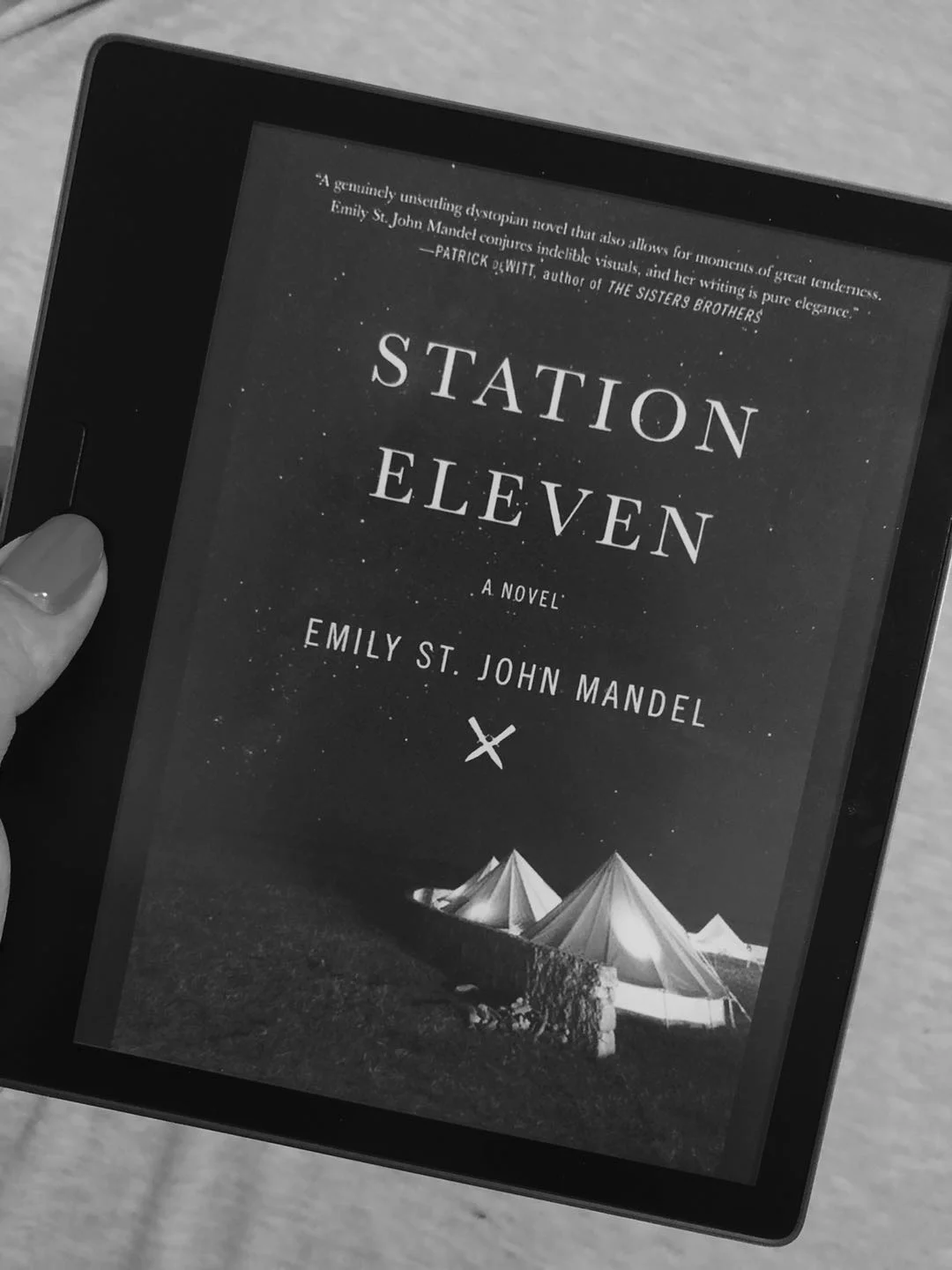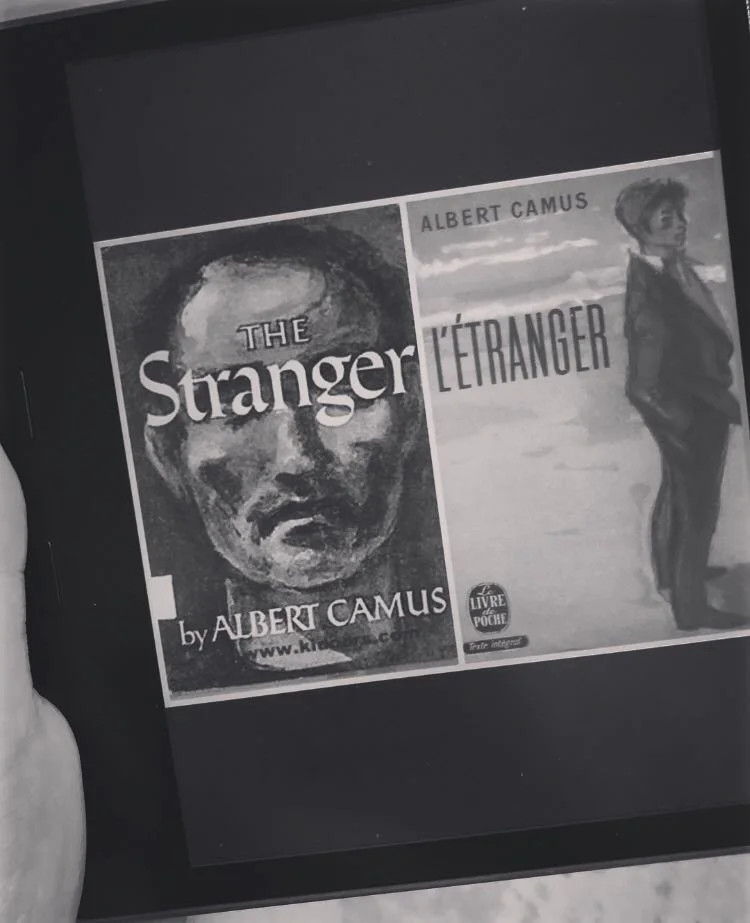Station Eleven by Emily St. John Mandel
“What I mean to say is, the more you remember, the more you’ve lost.”
“Hell is the absence of the people you long for.”
Station Eleven begins with a spectacular end.
When the outbreak of a pandemic swine-flu wiped out 99% of humanity, what will happen to the survivors?
This book is not so much about apocalypse as about memory and loss, nostalgia and yearning, and the attempt of art to deepen our ephemeral impressions of the world. Whereas most apocalypse stories push harshly forward into terror or dystopia, this novel moves back and forth in time, illustrating the pre-apocalyptic world and twenty years after civilization has collapsed, when the worst is over and survivors have grouped themselves into isolated settlements.
Part of the story tentatively followed the Travelling Symphony, a peripatetic troupe of Shakespearean performers, who drifted from community to community in an attempt to improve lives and raise spirits through arts. Another part of the story followed the life of Arthur Leander, a Hollywood star who died on stage right before the outbreak of the deadly flu. Although Arthur didn’t experience the calamity, his story was the key that connects with all the other characters, and this is typical of the author’s roving, slantwise focus. Bit by bit, the novel formed cumulative power as connections are made between the two time frames, the Travelling Symphony and Arthur; the alive and the dead.
If you are a plot driven reader, this book may not be for you. It is difficult to identify an apparent plot in this story, as most subplots follow random thread down rabbit holes just to see where it goes. It’s kind of Gaimanesque in that respect. There is, however, a prominent theme. The author leads readers to contemplate the way humans find purpose in life when they’ve had the standard definition of humanity stripped away from them, and now have to decide for themselves what being human means in the new world. “Survival is insufficient”, this quote taken from Star Trek: Voyager is a motto of the Travelling Symphony. Humans are always driven by a need to live more than mere existence, despite having lost everything.
What I love about this book is that it engaged you with ideas on existentialism. The author presented the apocalypse as not a tragedy, but a tabula rasa for the reinvention of freedom. The survivors struggle and squabble, yet managed to find their own purposes and moments of transcendent beauty in this ending world. Life may not have inherent purpose like some religions have suggested, yet we create purpose by making choices while we’re alive. By the time we die, the world, or at least our loved ones, move on having been enriched by our existence.
There is no thrill in this apocalypse story, but it has the power to keep me awake at 3am in the morning.



